Introduction
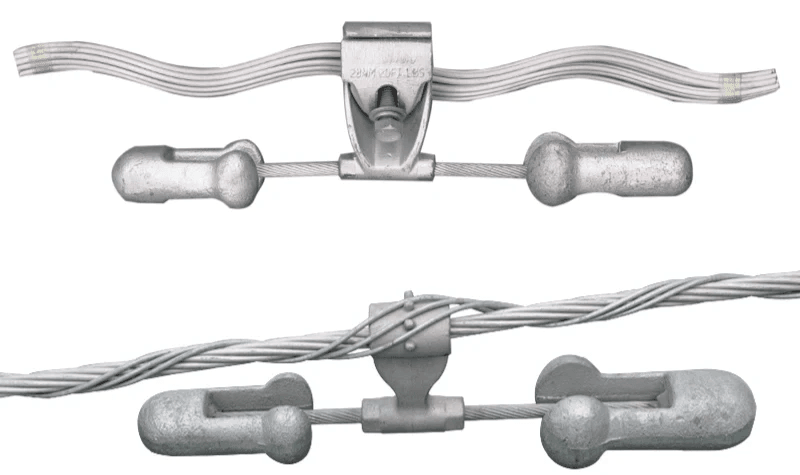
Fasteners are the unsung heroes of our everyday lives, quietly holding together everything from furniture to vehicles. Despite their small size, these critical components play a significant role in ensuring stability and functionality across various applications. Understanding the different types of fasteners is essential for anyone looking to tackle DIY projects or engage in professional construction and manufacturing.
Understanding Fasteners in Everyday Use
From the screws that hold your favorite bookshelf together to the bolts securing machinery in industrial settings, fasteners are everywhere. They come in various shapes and sizes, each designed for specific purposes, making it crucial to understand their functions. By familiarizing ourselves with the types of fasteners available, we can make informed decisions that enhance both safety and effectiveness in our projects.
The Importance of Choosing the Right Fastener
Selecting the appropriate fastener can mean the difference between a sturdy structure and a potential disaster waiting to happen. Whether you're working with Transmission & Drivetrain Fasteners for automotive applications or general Industrial Fastener solutions for heavy machinery, quality matters. The right choice not only ensures durability but also impacts overall performance and maintenance requirements.
Overview of Common Fastener Types
Fasteners can be broadly categorized into mechanical, chemical, and specialty types; each serving unique needs across various industries. Mechanical fasteners include screws, bolts, nuts, washers, and more—each playing a vital role in assembly processes. On the other hand, chemical fasteners like adhesives provide alternatives where traditional methods may fall short, while specialty fasteners cater to niche applications that require specific characteristics or designs.
Overview of Fastener Categories
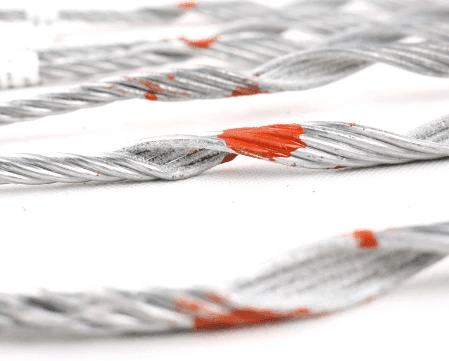
Fasteners are the unsung heroes of engineering, holding our world together in ways we often take for granted. In this section, we'll explore the primary categories of fasteners, diving into mechanical fasteners, chemical fasteners, and specialty options that cater to unique needs. Understanding these categories not only helps in selecting the right types of fasteners but also enhances the overall integrity and functionality of your projects.
Mechanical Fasteners Explained
Mechanical fasteners are perhaps the most familiar types of fasteners we encounter daily. These include screws, bolts, nuts, and rivets that physically connect two or more components through mechanical means.
When it comes to Transmission & Drivetrain Fasteners specifically, mechanical options play a crucial role in ensuring that all moving parts function seamlessly together. These fasteners must withstand high levels of stress and vibration while providing reliable connections over time. As such, choosing high-quality industrial fastener options is essential for maintaining performance and safety in automotive applications.
Chemical Fasteners: The Adhesive Option
Chemical fasteners offer an alternative approach to traditional fastening methods by utilizing adhesives to bond materials together permanently or semi-permanently. This category includes epoxies and cyanoacrylates that provide strong adhesion across various substrates without requiring physical interlocking mechanisms like screws or bolts. Chemical bonding can be especially beneficial in situations where space constraints make using conventional types of fasteners impractical.
In industries where Transmission & Drivetrain Fasteners are used extensively, chemical options can serve as a complementary solution for securing components that may not be easily accessible with standard mechanical methods. They provide excellent resistance to environmental factors such as moisture and temperature fluctuations—making them ideal for automotive applications subjected to harsh conditions. However, it’s important to select industrial-grade adhesives designed specifically for your project requirements to ensure maximum effectiveness.
Specialty Fasteners for Specific Needs
Specialty fasteners cater to unique applications that require tailored solutions beyond standard offerings. This category encompasses a wide range of products designed for specific environments or functions—think locking mechanisms, tamper-proof designs, or even corrosion-resistant coatings tailored for marine use! These innovative types of fasteners help solve problems that traditional fastening methods simply can't address.
For instance, when dealing with Transmission & Drivetrain Fasteners in high-performance vehicles or heavy machinery applications, specialty options can enhance reliability under extreme conditions while minimizing wear and tear on critical components. Additionally, industrial manufacturers often invest in developing custom specialty fastener solutions tailored precisely to their operational needs—a testament to how vital these components are within various sectors! By understanding the diversity within specialty fastening solutions available today, you can elevate your project’s quality and longevity significantly.
Transmission & Drivetrain Fasteners
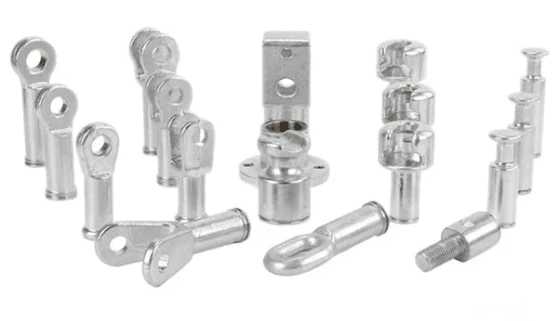
Key Functions of Transmission Fasteners
Transmission fasteners serve several key functions that are crucial for vehicle performance and safety. First and foremost, they secure various parts within the transmission system, ensuring that everything stays in place under high levels of stress and vibration. Additionally, these fasteners facilitate easy disassembly during repairs or maintenance, making them indispensable in automotive applications.
Moreover, different types of fasteners are designed specifically for varied functions within the transmission system—think bolts for securing heavy components and screws for lighter assemblies. Each type is engineered to meet specific torque requirements and load-bearing capacities, which directly impacts the longevity and reliability of your vehicle's drivetrain.
Types of Fasteners in Automotive Applications
In the realm of automotive applications, there’s a dazzling array of fastener types designed to tackle specific challenges posed by transmission systems. For instance, hex bolts are commonly used due to their strength and ease of installation; they’re perfect for securing large components like gearboxes. On the other hand, self-tapping screws are often employed in less demanding areas where quick assembly is paramount.
Then we have locking nuts that prevent loosening due to vibrations—an absolute must-have in any moving vehicle! Additionally, washers often accompany these fasteners to distribute loads evenly and prevent damage to surfaces; they might be small but pack a punch when it comes to effectiveness! It’s crucial for anyone involved in automotive work to familiarize themselves with these various types of fasteners because choosing the right one can make all the difference between a smooth ride and an unexpected breakdown.
Importance of Quality in Industrial Fastener Use
When discussing Transmission & Drivetrain Fasteners or any industrial fastener use, quality cannot be overstated—it’s literally what keeps everything together! High-quality fasteners ensure reliability under extreme conditions like heat and pressure typical in automotive environments. Opting for inferior products may save you a buck upfront but could lead to catastrophic failures down the line; nobody wants their car parts falling off mid-journey!
Moreover, reputable manufacturers adhere strictly to industry standards during production processes; this means their products undergo rigorous testing before hitting the market. In contrast, low-quality alternatives often lack such scrutiny leading to inconsistencies that could compromise your vehicle's performance or safety features. So next time you're shopping around for types of fasteners or industrial options for your project—remember: quality is king!
Common Hardware Fasteners
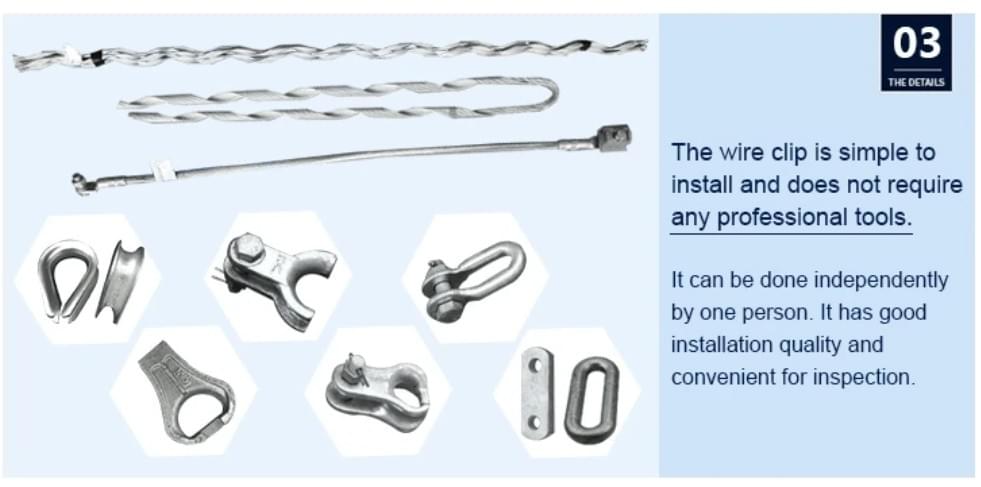
Screws: The Foundation of Fastening
Screws are often considered the foundation of fastening due to their versatility and ease of use. These types of fasteners come in various designs and materials, making them suitable for everything from woodwork to metal applications. Whether you're assembling furniture or securing components in Transmission & Drivetrain Fasteners systems, screws provide reliable holding power that can withstand tension and shear forces.
The unique threaded design allows screws to create a tight grip within materials, which is essential for stability. Additionally, they can be easily removed and reused without damaging the surrounding material—an essential feature in many industrial applications. With such adaptability across numerous projects, it's no wonder that screws remain a favorite among both amateurs and professionals alike.
Bolts vs. Nuts: A Dynamic Duo
When discussing hardware fasteners, bolts and nuts are like peanut butter and jelly—they just work better together! Bolts are typically used when high strength is required; they feature a smooth shaft with external threading that allows them to be inserted into pre-drilled holes alongside corresponding nuts. This dynamic duo creates a secure connection that can handle significant loads, making them ideal for structural applications in construction and manufacturing.
The interplay between bolts and nuts ensures that even under stress—such as vibrations from machinery or movements in Transmission & Drivetrain Fasteners—the connection remains intact. Choosing the right size and grade is crucial; industrial fastener specifications dictate load capacity based on material strength and thread design. When properly paired, bolts and nuts can create robust assemblies capable of standing the test of time.
Washers: Unsung Heroes of Fastening
While often overlooked in discussions about types of fasteners, washers play an essential supporting role in ensuring effective fastening solutions. These thin plates with holes serve multiple purposes: they distribute load over a wider area, prevent damage to surfaces during tightening, and act as spacers or locking mechanisms depending on their design. In many cases involving industrial fastener assemblies or automotive applications like Transmission & Drivetrain Fasteners systems, washers can significantly enhance performance by reducing friction.
Using washers correctly can prevent loosening over time due to vibrations while also protecting against corrosion through various coatings available on the market today. They may seem small but never underestimate their ability to improve overall assembly integrity! Incorporating washers into your projects not only adds durability but also showcases an attention to detail that professionals appreciate.
Spark Fittings and Their Role
Spark fittings are specialized connectors designed to ensure secure electrical connections in various applications. These types of fasteners are crucial for maintaining the integrity and safety of electrical systems, particularly in environments where vibration or movement is common. Understanding the role of spark fittings can help you appreciate their importance in both industrial and residential settings.
Introduction to Spark Fittings
Spark fittings serve as essential components that facilitate the connection of electrical wires, ensuring a reliable flow of electricity while minimizing the risk of short circuits or disconnections. Made from durable materials, these fasteners are engineered to withstand environmental stresses such as temperature fluctuations and moisture, which can compromise less robust types of fasteners. In essence, spark fittings act as a safeguard against potential hazards while enhancing the overall performance of electrical systems.
Applications in Electrical Transmission
In electrical transmission, spark fittings play a pivotal role by connecting various components such as transformers, circuit breakers, and distribution panels. Their design allows for quick installation and removal, making maintenance much easier compared to other types of fasteners typically used in heavy-duty applications like Transmission & Drivetrain Fasteners. The versatility of spark fittings means they can be found across multiple sectors including residential wiring, industrial machinery, and renewable energy installations.
Benefits of Using Spark Fittings
The benefits of using spark fittings extend beyond mere convenience; they also offer enhanced safety features that protect both equipment and personnel from electrical hazards. With their ability to handle high voltage loads effectively, these industrial fasteners reduce the likelihood of arcing or overheating at connection points—issues that could lead to catastrophic failures if not properly managed. Additionally, investing in quality spark fittings ensures longevity and reliability for your electrical systems while reducing overall maintenance costs in the long run.
Fasteners in Construction and Manufacturing

Fasteners play a pivotal role in construction and manufacturing, acting as the backbone of various structures and machinery. The right types of fasteners can make or break a project, ensuring stability and durability while also facilitating assembly and disassembly when needed. Understanding the different categories of fasteners used in these industries can help professionals make informed decisions that enhance efficiency and safety.
Types of Fasteners Used in Construction
Commonly used fasteners include nails, screws, anchors, and bolts, each serving unique functions depending on the materials being joined. For instance, nails are often used for framing due to their speed of application, while screws provide superior holding power for wood-to-wood connections.
In addition to traditional options like nails and screws, specialty fasteners such as lag bolts or toggle bolts may be utilized for heavy-duty applications or securing items to hollow walls. The choice among these types of fasteners can influence not only the structural integrity but also the overall cost-effectiveness of a project. Ultimately, selecting the appropriate type ensures that buildings remain safe and sound over time.
Industrial Fasteners for Heavy Machinery
Industrial fasteners are essential components in heavy machinery where strength and reliability are paramount. These fastener types must withstand extreme conditions such as high torque loads and vibrations common in industrial environments like factories or construction sites. Examples include high-strength bolts designed specifically for critical applications within transmission & drivetrain systems that require exceptional durability.
Moreover, industrial fasteners come with various coatings to prevent corrosion—an important factor when considering longevity in outdoor settings or harsh environments. Choosing quality industrial fastener solutions not only enhances equipment performance but also minimizes downtime caused by maintenance issues related to loose or failed connections. Therefore, investing in high-quality industrial fasteners is crucial for any operation relying on heavy machinery.
Innovations in Fastener Technology
The world of fastening technology is ever-evolving with continuous innovations aimed at improving performance and ease of use across various sectors including construction and manufacturing. Recent advancements have introduced smart fastening systems that incorporate sensors to monitor joint integrity over time—ideal for critical applications where failure could lead to catastrophic outcomes. Additionally, new materials such as advanced composites are being utilized to create lighter yet stronger types of fasteners.
3D printing technology has also made waves by allowing custom-designed fastener solutions tailored specifically for unique applications—reducing waste while enhancing functionality at the same time. As industries strive toward sustainability alongside efficiency improvements, these innovations represent exciting opportunities for optimizing how we use transmission & drivetrain fasteners as well as other fastening solutions across multiple fields. Keeping up with these trends will help professionals select cutting-edge products that align with modern engineering practices.
Conclusion
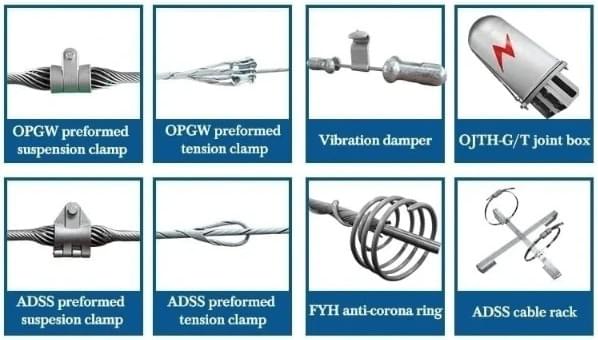
Fasteners might seem like small components, but their impact on projects can be monumental. Choosing the right fastener is not just about aesthetics; it’s about ensuring safety, durability, and functionality. Whether you’re working with Transmission & Drivetrain Fasteners or industrial applications, understanding the various types of fasteners available is crucial for success.
Choosing the Right Fastener for Your Project
When selecting a fastener, consider the specific requirements of your project—think strength, material compatibility, and environmental factors. The types of fasteners you choose can significantly influence the integrity of your construction or manufacturing process. For instance, using high-quality Transmission & Drivetrain Fasteners ensures that automotive components work seamlessly together under pressure.
Additionally, it's essential to match your fastener choice with the materials being joined. Wood screws differ vastly from metal bolts; choosing incorrectly could lead to failure down the line. By familiarizing yourself with various types of fasteners and their applications, you can make informed decisions that will ultimately save time and resources.
The Role of Fasteners in Modern Engineering
Fasteners are foundational elements in modern engineering, bridging gaps between innovation and functionality. They enable structures to withstand forces while keeping components securely attached in everything from automobiles to skyscrapers. In particular, Transmission & Drivetrain Fasteners play a pivotal role in automotive engineering by ensuring that power is efficiently transmitted from one part to another without compromising performance.
Moreover, advancements in materials science have led to stronger and lighter industrial fasteners that enhance overall efficiency and sustainability in engineering projects. Engineers today must consider how different types of fasteners interact within complex systems to optimize performance across all sectors—be it aerospace or civil engineering. This intersection of creativity and precision makes understanding fastener technology more critical than ever.
Embracing Quality with Leading Manufacturers
Investing in quality fasteners from reputable manufacturers pays off in spades—fewer failures mean reduced downtime and maintenance costs over time! Not all types of fasteners are created equal; some may look similar but differ dramatically in terms of strength and reliability due to manufacturing processes or material choices. By sourcing Transmission & Drivetrain Fasteners or industrial fasteners from trusted brands, you're not just buying a product; you're securing peace of mind for your project.
Furthermore, leading manufacturers often stay ahead by innovating new fastening solutions tailored for specific needs within various industries. This commitment to quality ensures that engineers have access to reliable options that can withstand demanding conditions without faltering under pressure. So next time you’re faced with a fastening decision, remember: quality matters!

